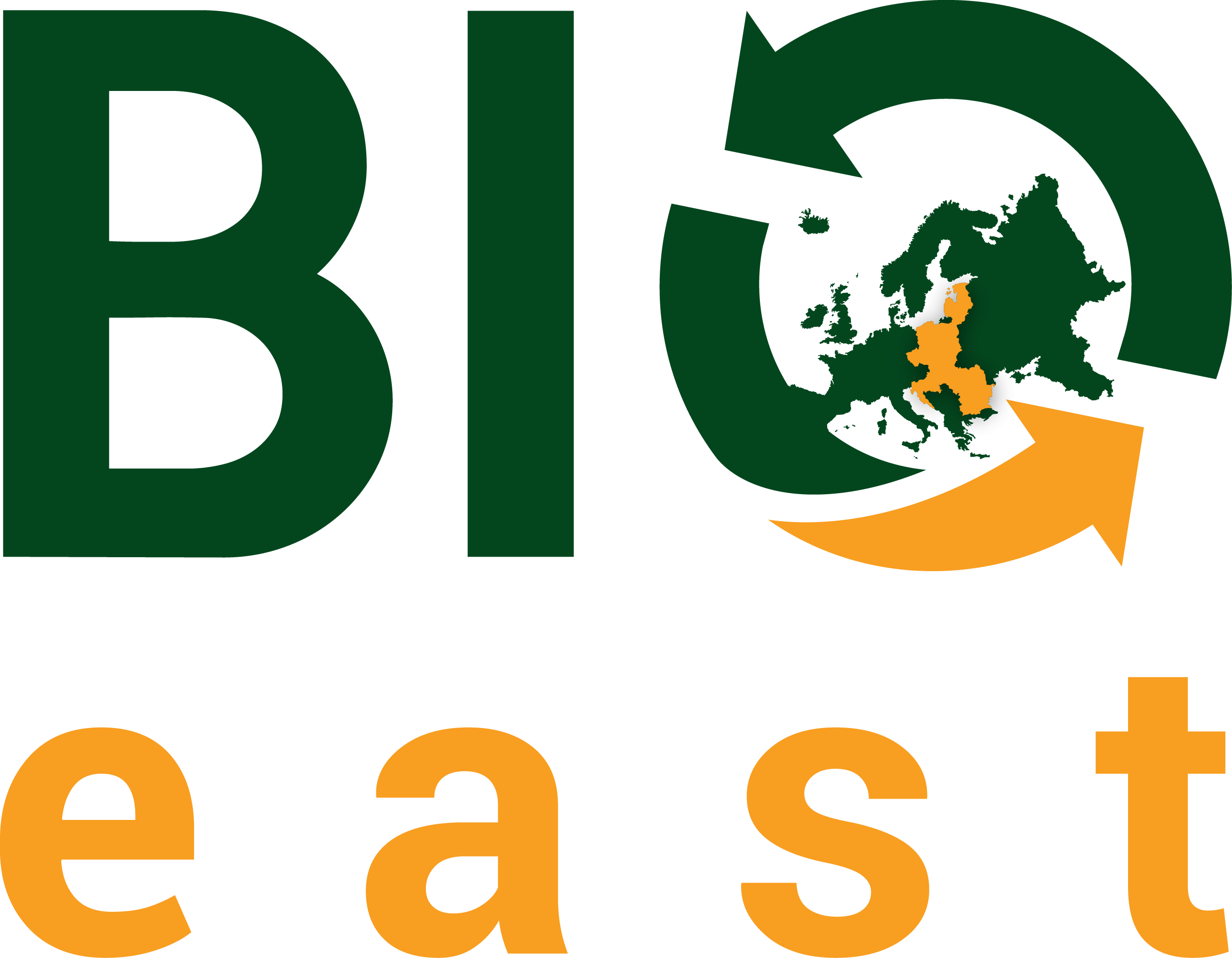Coordinated by Energy Institute Hrvoje Požar, Croatia
Contact Dario Gazić dgazic@eihp.hr
Description
The TWG aims to introduce and inform the Member States representatives about the future research and innovation priorities and funding schemes of the next Horizon Europe framework program with specific regard to bio-based industries including the energy sector. The TWG provides the opportunity to the representatives to comment and to engage in a dialogue with European policy-makers on issues specific to their national and regional priorities in Central and Eastern Europe. The TWG meetings also allow BIOEAST stakeholders to get to know each other and bring their positions closer together on a specific topic. The group’s terms of reference, action plan in the context of the future BIOEAST Strategic Research and Innovation agenda is currently being written by the TWG members.
In light of the new position of bioenergy within bioeconomy, which shifts the focus from market-based energy production to the climate benefits that a bioenergy project could achieve, such as GHG emission savings from the whole supply chain, generation of new value-added products from byproducts of bioenergy, sustainable intensification of agriculture, increasing soil carbon and organic matter, etc., this TWG focuses on two bioenergy related concepts:
Integrating the existing bioenergy plants within the bioeconomy by generating new value-added products from by-products of bioenergy (waste heat, ash, CO2, digestate and nutrients…)
Developing new bioenergy plants that would either increase the competitiveness of the agri-food and forestry sector of the BIOEAST macro-regions or benefit from producing a range of bio-based products in biorefineries.
Lessons learned from the previous decade indicate that, although bioenergy demand is determined in the energy sector, the trade-offs are related with sectors where biomass supply occurs: agriculture and forestry. Bioenergy, especially biogas from AD can increase competitiveness of livestock producers as well as offset the GHG emissions associated with the sector. Meat and dairy sector are important part of the linear bioeconomy of the BIOEAST countries, where related products such as sausages, fresh or chilled meat and carcases, milk and other fermented products as well as all sorts of cheese are among the top 10 goods that generate the most value from the production of manufactured goods carried out by enterprises on the national territory (PRODCOM database).
A new approach is required that supports circular and sustainable bioenergy business models as well as industrial symbiosis. This approach starts with evidence-based concerted policy that brings bioenergy aspects much closer to the food, agriculture and climate policy domains than before.
